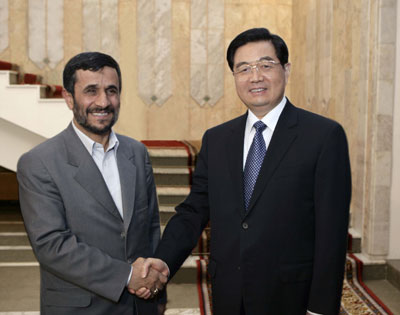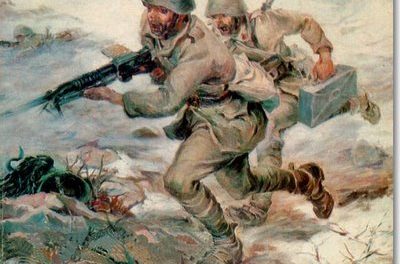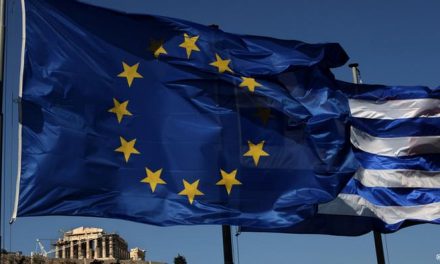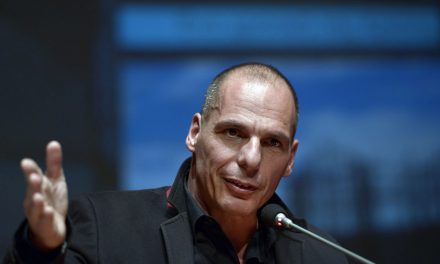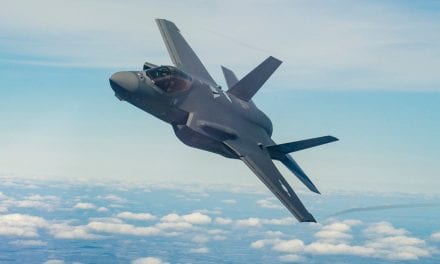by William R. Hawkins, FrontPage.
As Iran assumes an increasingly despotic form at home while expanding its pursuit of nuclear weapons, which the regime feels will be its ultimate guarantee of enduring power, the United States’ response is hampered both by the support Tehran receives from China, and by the conflicted views on U.S. policy toward China within the Obama administration.
On January 6, China blocked a U.S. initiative to impose additional economic sanctions on Iran through the UN Security Council. In New York, Chinese UN ambassador Zhang Yesui announced that “This is not the right time or right moment for sanctions because the diplomatic efforts are still going on.” The Chinese Foreign Ministry repeated this argument in Beijing this week. In fact, several different negotiating tracks have been going on since 2003. During that time, Iran has made steady progress in its weapons research.
Most recently, Tehran had missed the end of the year deadline set by President Obama to respond to his offer of carrots in exchange for halting its nuclear enrichment program. The Obama administration thought it had won a pledge from China to adopt a firmer stance on Iran after Beijing endorsed an International Atomic Energy Agency governing board resolution denouncing Tehran’s recently disclosed Qom uranium enrichment facility. But the November IAEA resolution did not provide for any meaningful action, and indeed it is such action against Iran that China wants to avoid. Beijing knows that words are cheap and can be uttered without meaning. That is its definition of diplomacy.
Thus, the New Year brought to naught the notion of U.S.-China cooperation on strategic issues that the Obama administration had launched during the summer. This is not how things were supposed to be. In a joint July op-ed in The Wall Street Journal, Secretary of State Hillary Clinton and Treasury Secretary Timothy Geithner described the “New Strategic and Economic Dialogue” with China that would take place later that month. The S&ED was an expansion of the Strategic Economic Dialogue (SED) started by Treasury Secretary Henry Paulson during the Bush administration. It was designed to put control of China policy in his department’s hands. As CEO of Goldman Sachs, Paulson had been deeply involved in financial deals with China and did not want to rock the boat.
The new Obama arrangement brought the State Department (but not the Pentagon) into the diplomatic process. In theory, the S&ED would balance the business interests that had dominated China policy with a true strategic element that could look at what Beijing was doing with the capital, technology and production capacity that the business model had given it. The core concept remained, however, to forge “a positive, cooperative and comprehensive relationship with Beijing” as it expanded into a global power. As Clinton and Geithner wrote:
“Simply put, few global problems can be solved by the U.S. or China alone. And few can be solved without the U.S. and China together…..the solution to nonproliferation challenges turn in large measure on cooperation between the U.S. and China.”
There was no mention of North Korea or Iran by name in regard to nuclear proliferation, but it has been clear for many years that Washington is reluctant to press Beijing on issues like the trade deficit because it wants Chinese help controlling the rogue states that Beijing supports. At the same time, though, the U.S. is afraid to press China too hard on the rogue states out of fear of retaliation against American business interests.
In his testimony to the Senate and House foreign relations committees last October, David Loevinger, the Treasury’s Executive Secretary and Senior Coordinator for China Affairs & the Strategic and Economic Dialogue, said, “We will continue to encourage the Chinese to strengthen efforts to counter the threat of North Korea and Iran’s nuclear weapons program.” But that was his only mention of non-proliferation efforts in his long, prepared statement that concentrated on the Chinese business model of recycling the U.S. trade deficit into purchases of mounting Treasury debt.
While Beijing has been blocking actions by others against Iran, its aid to Tehran have been increasing. China-Iran trade reached $29 billion 2008, a nearly 40 percent increase over 2007. China imports oil from Iran and pays for it with exports of manufactured goods and equipment. Over 100 state-owned Chinese corporations operate in Iran, with investments concentrated on energy development (both oil and natural gas) and infrastructure construction, including dams, airfields, shipyards, and ports. China is mining titanium and planning new rail lines. Beijing is undermining UN and U.S. sanctions rather than being held accountable. China is being allowed to profit from its policy rather than being made to pay a price for supporting Tehran.
This seems unlikely to change. The Treasury, with its business model of foreign relations, still seems in charge of China policy. The Treasury’s Office of Foreign Assets Control is responsible for enforcing the sanctions on Iran and on those who do business with the Tehran regime, yet current economic sanctions on Iran are not even being enforced when it comes to Chinese firms trading in the United States. According to a recent Wall Street Journal report:
“Chinese companies banned from doing business in the U.S. for allegedly selling missile technology to Iran continue to do a brisk trade with American companies, according to an analysis of shipping records.”
Of particular note was state-owned China Precision Machinery Import-Export Corp., which made nearly 300 illegal shipments to U.S. firms since a ban was imposed on CPMIEC and its affiliates in mid-2006. The WSJ reported:
“The CPMIEC shipments, worth millions of dollars, include everything from anchors and drilling equipment to automobile parts and toys. In many cases, CPMIEC acted as a shipping intermediary – activity also banned under a 2006 presidential order.”
President Obama continues to say that it would be unacceptable for Iran to develop a nuclear weapons capability. But the policy of relying on China to constrain Tehran is as much a failure today as it was during the Bush Administration. A large factor in that failure over the last seven years has been to trust the Treasury Department to get the job done. The Iran threat and its Chinese sponsor are national security issues and should be entrusted to departments that have national security as their prime function. In the end, it will likely be the Pentagon that will have to settle the score

